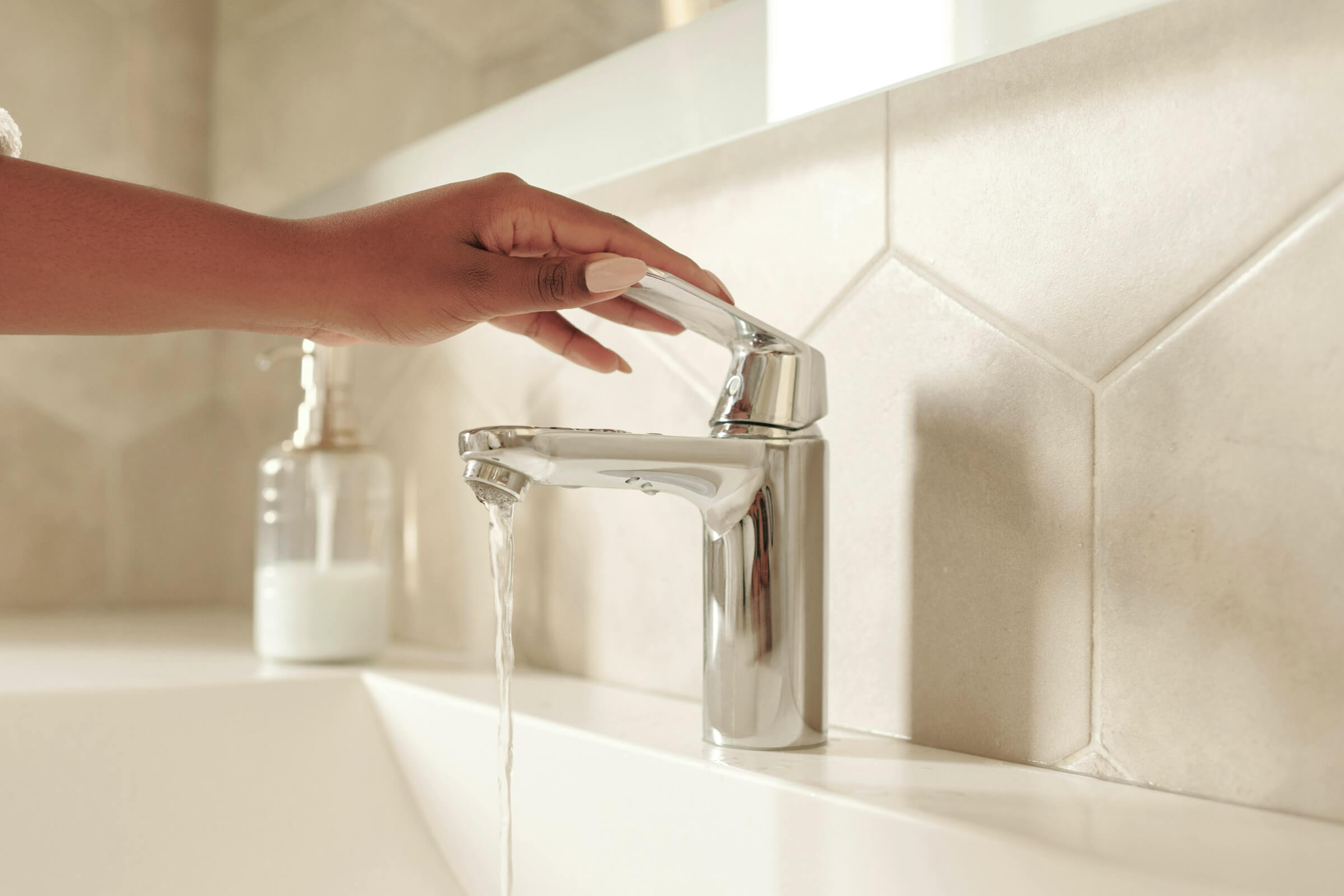

Moving into a new rental is exciting. You’ve got a fresh space to make your own and a new routine to settle into.
But among the fun of styling your place and meeting the neighbours, one practical question always comes up: "Who actually pays for the bills?"
Water, gas and electricity bills are part of daily life, but the rules around them aren’t always clear.
Water costs can often be shared between landlord and tenant.
Usually, tenants pay for water usage (the amount you actually consume), while landlords cover the fixed service charges that keep the supply connected.
If your household uses more water during summer, your bill will reflect that.
But the standard access fee charged by the water company is the landlord’s responsibility. There are exceptions though.
If your property doesn’t have a separate water meter, the landlord typically pays the full water bill since usage can’t be tracked per tenant.
Always check your lease, because it should spell out who covers what.
Gas bills almost always sit with tenants.
This is because gas is a direct usage cost, much like electricity.
If your rental has a gas connection, you’ll usually set up an account in your name with a provider of your choice.
That said, there are some variations.
Properties that use bottled gas supplied by the landlord, the situation may differ. Sometimes the landlord provides the bottles and tenants pay for refills.
Other times, tenants may organise their own refills directly.
If gas is included in your rent, it will be stated in the lease agreement.
Electricity bills are nearly always the tenant’s responsibility. After all, you decide how often the heater runs in winter or how long the lights stay on.
You’ll understand why your parents always groaned when someone forgot to switch the lights off.
Most of the time, you’ll choose an electricity retailer, set up an account in your name and receive bills directly.
But in certain apartments, there might be what’s called an embedded network.
This means the building has one central energy provider, and you’ll be billed through them instead of choosing your own.
Regardless of the setup, electricity usage is something tenants pay for, while landlords rarely cover it unless stated in your lease.
Even once you know which bills are yours, managing them can still be tricky.
Water, gas and electricity bills don’t always arrive at the same time, and it’s easy to feel caught out when a big one drops into your inbox.
That’s where RentPay can step in. With the Bill Smoothing feature, you can spread the cost of your bills into smaller, regular payments.
Instead of being hit with a large quarterly water bill or a surprise electricity charge, Bill Smoothing lets you budget in advance.
You pay the same set amount regularly and when your actual bill arrives, the balance is adjusted. It’s like putting your bills on autopilot.
Sorting out electricity, gas and internet accounts can feel like a hassle, especially when you’re moving into a new rental.
This is where RentConnect comes in. It's a free service* that helps renters get their utilities connected quickly and easily.
Instead of spending hours comparing providers or waiting on hold, you can arrange your essential services in one go.
Plus, if you connect your utilities through RentConnect, they’ll also send you a $100 gift card* as a little thank you.
*T&Cs Apply.
You might also like:
> How often can landlords increase rent in Australia?
> Habits for effective money management
> How to get a month ahead of your bills